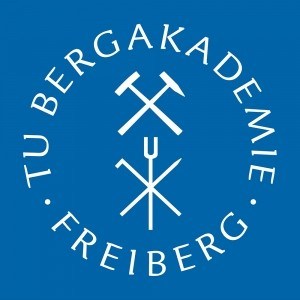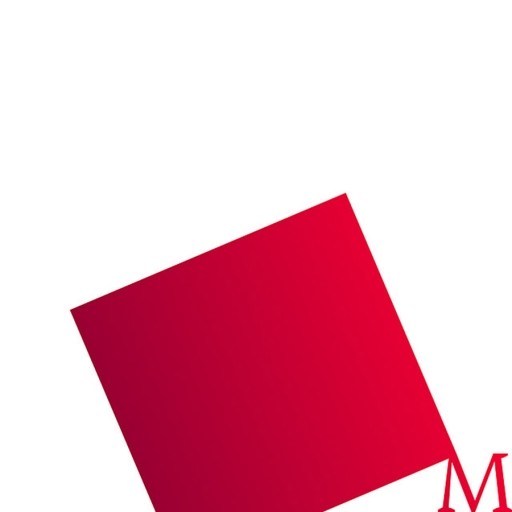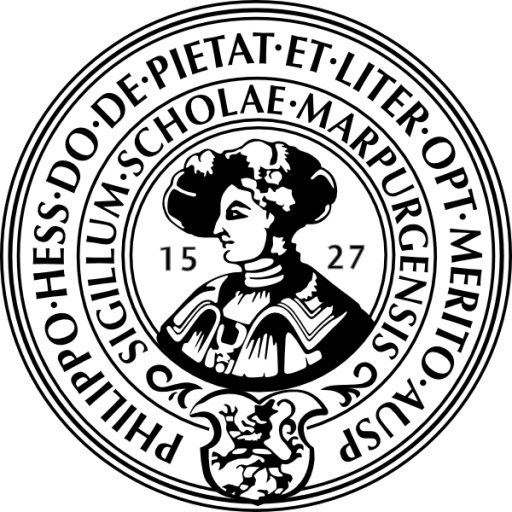Photos of university
Advanced Materials at Ulm University is an interdisciplinary master's program designed to prepare students for cutting-edge research and development in the field of novel materials. This program combines fundamental principles of physics, chemistry, and engineering to provide a comprehensive understanding of the structure, properties, and applications of advanced materials. Students will explore topics such as nanomaterials, biomaterials, composite materials, and functional materials, gaining insights into their synthesis, processing, characterization, and performance. The curriculum emphasizes both theoretical knowledge and practical skills, ensuring graduates are well-equipped to meet the challenges of modern industry and scientific research. Through a combination of lectures, laboratory work, and project-based learning, students will develop a deep understanding of materials design and innovation, as well as the environmental and economic aspects relevant to sustainable development. The program offers opportunities for students to participate in collaborative projects with industry partners and research institutions, fostering innovation and networking within the scientific community. Graduates will acquire the ability to analyze complex material systems, optimize performance, and develop new materials tailored to specific applications in sectors such as electronics, healthcare, energy, and transportation. The advanced materials program at Ulm University aims to produce highly skilled professionals capable of contributing to technological advancement and addressing global challenges through materials innovation. The program is suitable for students with a background in natural sciences or engineering who are eager to deepen their expertise in materials science and explore career opportunities in research and industry. With its strong focus on experimental techniques, computational methods, and interdisciplinary cooperation, the program provides a rigorous and dynamic education that prepares students for leadership roles in academia, research institutes, industry, and start-ups involved in material development and application.
Educational organisation
We offer an orientation week starting in October each year, including an intercultural introduction to life in Germany and in Ulm.In a three-semester period, lecture courses, seminars and labs are offered in the fields of physics, biophysics, physical and materials chemistry, engineering science, materials science, nanotechnology, biology and biomaterials in medicine.
The final semester is reserved for the Master's thesis, which is research-oriented and has a duration of six months (full-time).
Study abroad unit(s)
Students may participate in programmes at partner universities.Forms of assessment
Each lecture course concludes with a written or an oral exam. In some seminars and labs, students are required to give an oral presentation and/or submit a written report. The Master's thesis is evaluated based on performance during the research period, the written thesis and an oral presentation.Altogether, the programme consists of 90 credit points for coursework and 30 credit points for the Master's thesis (according to ECTS).
Course objectives
"Advanced Materials" is a strongly research-oriented programme. Graduates are well-prepared for work in research and development laboratories in industry or academia focussing on materials science and applications of nano- and biomaterials. Graduates are able to study and work independently and have reached a significant level of intercultural competence.Language requirements
An internationally recognised certification of English language proficiency is required for all students who are not native speakers of English.Minimum requirement:
TOEFL (Internet-based): 88
IELTS: 6.5
Academic requirements
Bachelor:Bachelor of Science or Bachelor of Engineering in programmes featuring courses related to materials and materials properties, e.g., chemistry; physics; biology; materials science; and chemical, electrical, and medical engineering.
German students can also apply with a Fachhochschul- or Berufsakademiediplom in one of the above-mentioned subjects.
Coursework:
At least two courses (each three hours per week and semester) in mathematics
At least two courses (each three hours per week and semester) in either physics or chemistry
Good proficiency in English:
Proof of English skills has to be submitted in the form of either
TOEFL test (Test of English as a Foreign Language), Internet-based (IBT), institution code 8407, minimum score: 88
or IELTS test (International English Language Testing System), minimum score: 6.5
Exemption: native speakers
Enrolment fees
158.50 EURCosts of living
Approx. 700 EUR including accommodation, local transport, health insurance, and foodJob opportunities
After the first semester, some student research assistantships are available. In most cases associated with specific research projects, these assistantships are awarded according to personal qualifications of a student. There are also some student jobs available at companies located in the "Science City" adjacent to the university campus.However, work opportunities must be arranged by students themselves.









